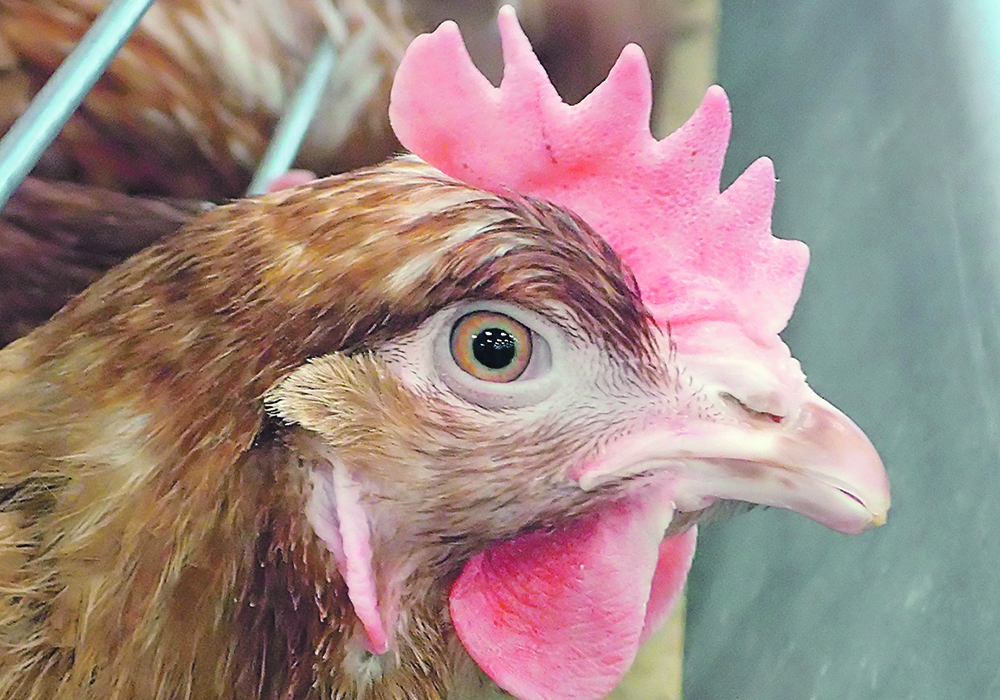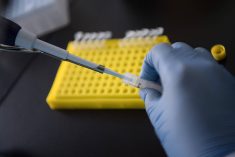Using CRISPR technology to genetically modify animals could allow researchers to better study disease resistance
Researchers at the Technical University of Munich in Germany have used gene-editing to alter certain genes in chickens and pigs.
CRISPR/Cas9 technology enables researchers to target specific organs or tissues without the need to generate germline-modified animals.
Pigs share a high physiological similarity with humans compared to mice, the most common disease model. They are important for biomedical research in areas like cancer, diabetes, neurodegenerative, and cardiovascular diseases.
A genetically modified pig has the potential to offer a much better understanding of the mechanisms of carcinogenesis in humans. In addition, potential new treatments for humans can also be tested in animal models.
Read Also

Trump’s tariffs take their toll on U.S. producers
U.S. farmers say Trump’s tariffs have been devastating for growers in that country.
The authors wrote that “genetically modified livestock species also hold great promise for agriculture by offering new approaches for disease control, such as genome-edited pigs resistant to porcine reproductive and respiratory syndrome or avian leucosis virus-resistant chickens.”
Benjamin Schusser, professor of reproductive biotechnology at the TUM, said the Cas9 animals have already been bred for at least three generations and continue to show the enzyme in their system. These animals include the founder research stock and several offspring produced by conventional breeding. He expects that the Cas9 animals should be bred to maintain the genetic trait in future generations.
He said that the study of the development and progression of human cancer in a suitable animal model is the focus of the research.
“For example, our group has an interest in modelling human colorectal cancer. Modification of colonic organoids from Cas9-expressing pigs enables in-vitro local inactivation of single or multiple tumour-relevant genes and the analysis of oncogenic transformation.”
By that, he is referring to the study of the genes contributing to the development of cancer. The procedures they have developed will allow for closer simulation of human genes that lead to cancer.
Schusser said it is also possible to modify genes associated with other diseases such as diabetes and heart disease.
Cas9 pigs and chickens also allow researchers to test which genes could be involved in valued traits such as disease resistance in the animal.
“The mechanism may also be useful for combating infections using DNA viruses,” said Schusser.















